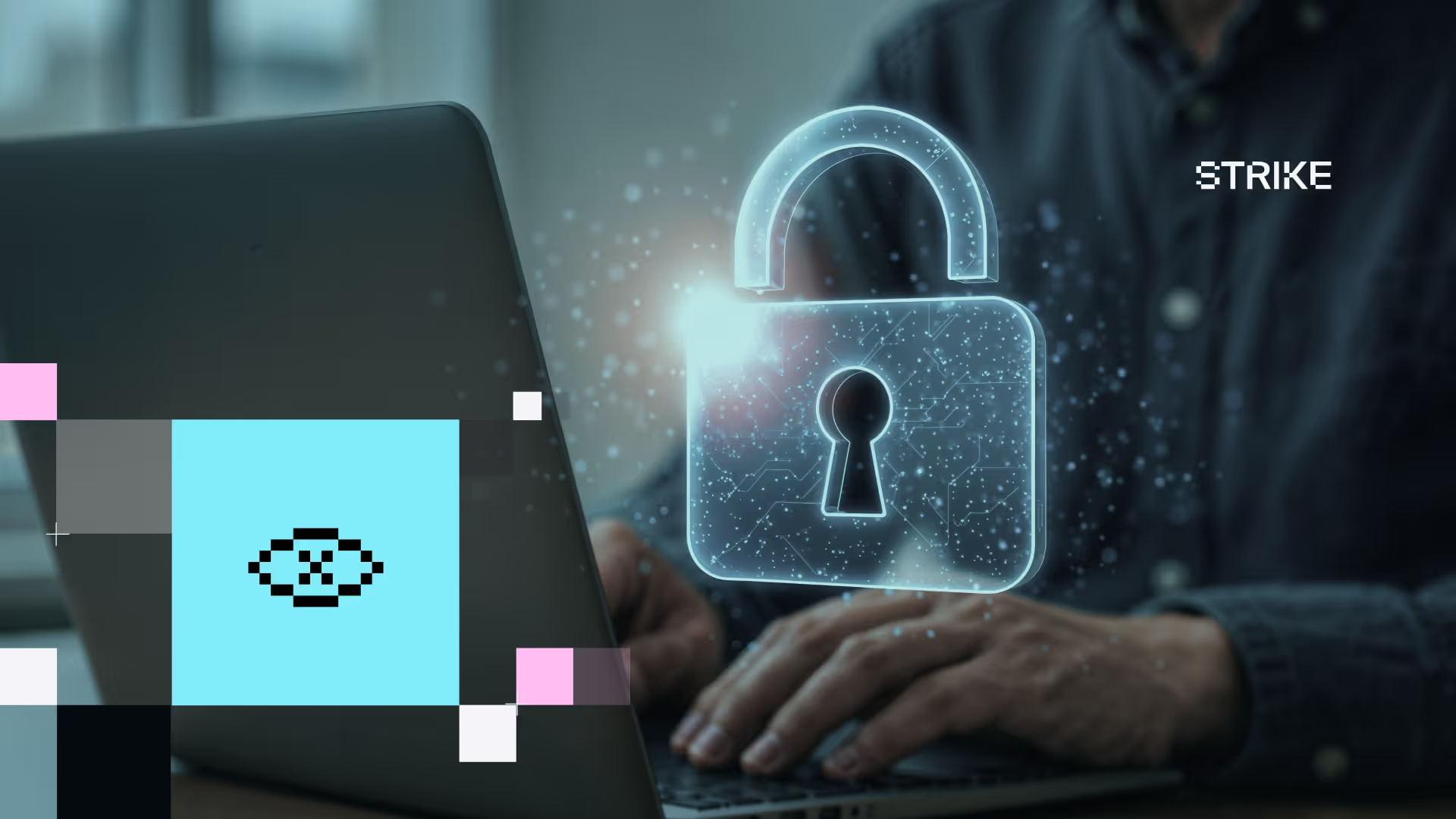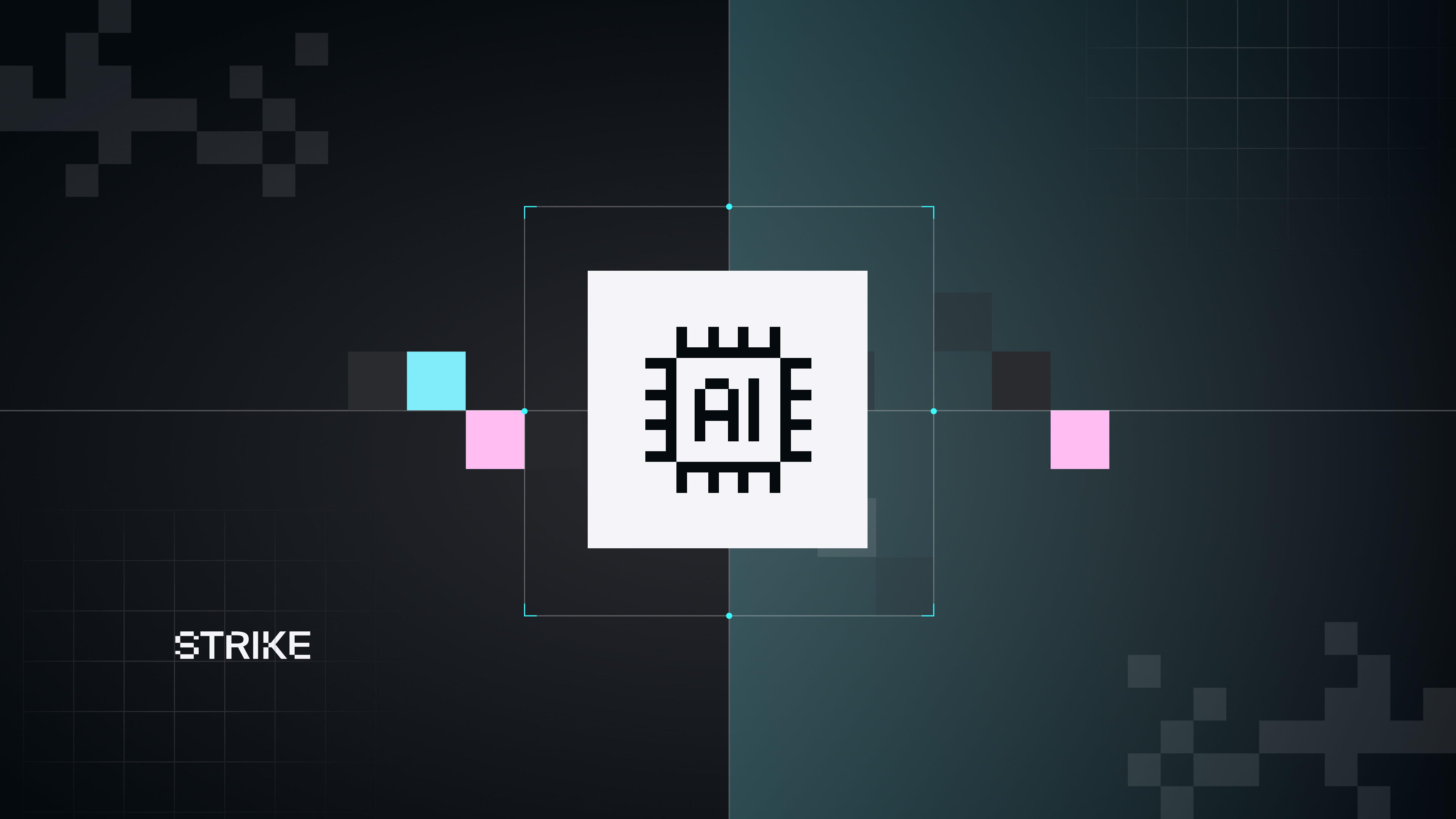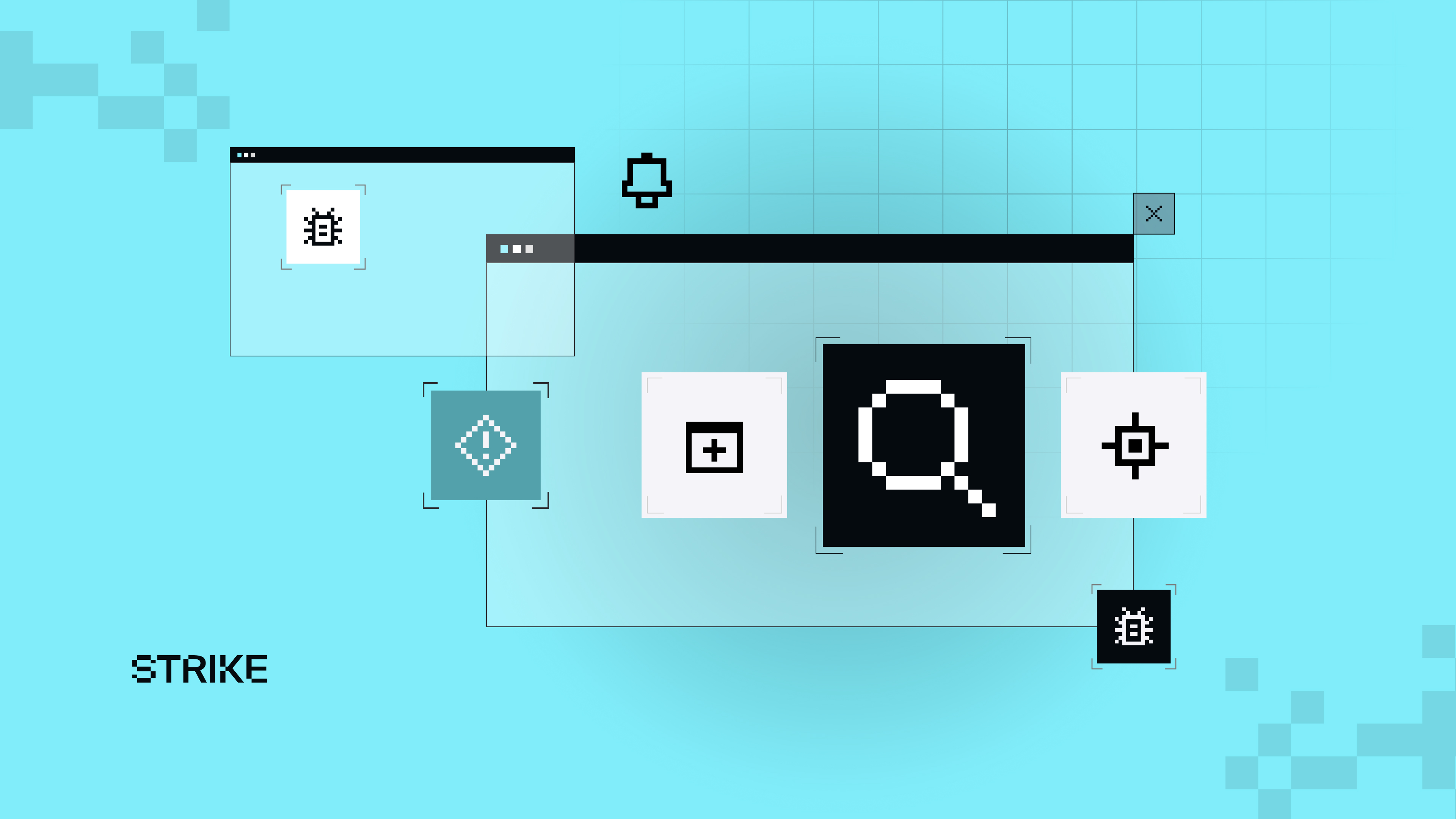5 must-have tools to protect your privacy online

Protect your privacy with these 5 essential cybersecurity tools. From password managers to VPNs, learn how to keep your data safe and avoid online threats.
Keeping your personal data safe is more important than ever. With increasing threats like data breaches, phishing scams, and online tracking, relying on built-in security settings isn’t enough. The good news? There are cybersecurity tools designed to help you stay in control of your privacy. Here are five must-have tools to protect your information.
1. Bitwarden – A secure password manager
Managing passwords manually is risky and inconvenient. Bitwarden offers a secure way to generate, store, and autofill complex passwords across devices. Unlike storing credentials in a browser, Bitwarden uses end-to-end encryption to keep your data safe. It also supports biometric login and two-factor authentication (2FA) for extra protection.
2. Mullvad VPN – Private browsing without tracking
A VPN helps keep your internet activity private by encrypting your connection and masking your IP address. Mullvad VPN stands out because it doesn’t require an email to sign up, operates on a strict no-logs policy, and offers strong encryption. Whether you’re using public Wi-Fi or just want to reduce online tracking, a VPN like Mullvad adds a layer of privacy.
3. uBlock Origin – Block trackers and intrusive ads
Many websites collect data through trackers, scripts, and ads. uBlock Origin is a lightweight yet powerful browser extension that blocks unwanted tracking, improving both privacy and browsing speed. Unlike standard ad blockers, uBlock Origin gives you more control by letting you customize filters and block specific elements on pages.
4. Signal – Encrypted messaging for private conversations
Not all messaging apps keep your chats private. Signal ensures end-to-end encryption, meaning only you and the recipient can read your messages. It doesn’t collect metadata or store backups on its servers, reducing exposure to potential data leaks. Signal is open-source and widely trusted by cybersecurity professionals.
5. Authy – Stronger account security with 2FA
Passwords alone aren’t enough to secure online accounts. Authy is a two-factor authentication (2FA) app that generates time-sensitive codes for login verification. Unlike SMS-based authentication, which can be intercepted, Authy stores encrypted tokens locally, offering a more secure way to prevent unauthorized access.
Beyond tools: simple habits to protect your privacy
While using cybersecurity tools strengthens your privacy, adopting good security habits is just as important. Here are a few essential tips:
- Use strong and unique passwords – Avoid reusing passwords across accounts. A combination of uppercase and lowercase letters, numbers, and special characters makes passwords harder to crack.
- Enable two-factor authentication (2FA) – Whenever possible, activate 2FA on your accounts to add an extra layer of security.
- Be cautious with public Wi-Fi – Free Wi-Fi networks are often unencrypted and can expose your data to attackers. If you must use one, connect through a VPN.
- Limit the personal information you share – Avoid posting sensitive details like your full name, address, or vacation plans on social media.
- Review app and browser permissions – Many apps request access to your location, microphone, and contacts unnecessarily. Disable permissions that aren’t needed.
- Keep your software updated – Regular updates patch security vulnerabilities, so always install the latest versions of your apps and operating system.
Cybersecurity is all about making smart choices to protect your privacy. Using these tools and following good security practices can significantly reduce the risks of data theft, surveillance, and hacking.






.avif)